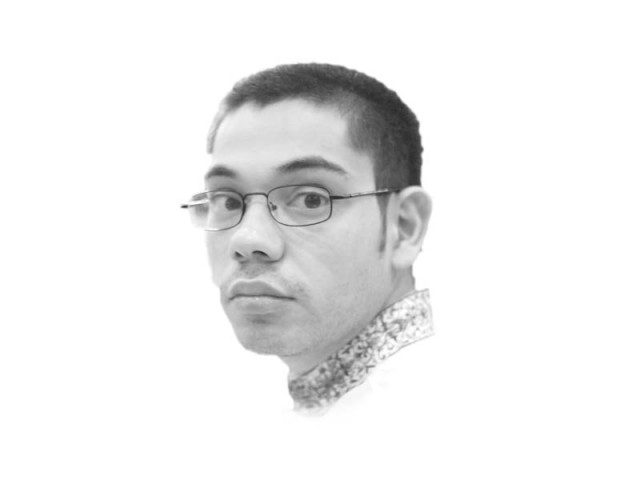A saffronised broadcaster for the saffron brigade
It is this culture of understanding and tolerance that the Hindu extremists are inimically disposed towards

A saffronised broadcaster for the saffron brigade
The national broadcaster has established a grave precedent by doing this under the benevolent patronage of the Bharatiya Janata Party (BJP)-led National Democratic Alliance (NDA) government as the organisation happens to be the foremost votary of a divisive ideology. First articulated by Vinayak Davodar Savarkar in his magnum opus, Hindutva: Who is a Hindu?, the ideology seeks to fashion India on majoritarian lines by asserting that only Hindus could be loyal to the country since their fatherland (pitribhumi) was congruent with their holy land. Therefore, the proponents of Hindutva — an ideology which enjoys a following by extremist Hindus, and perhaps, not the average Indian — further an exclusive vision of the Indian Republic by ostracising the practitioners of Islam and Christianity.
It was in this context that Savarkar once opined, “It is simply useless to declare the Muslim League communal. That is no new news. The fact is that the whole Muslim community is communal, including the Congressite Muslims.”
Madhav Sadashiv Gowalkar, another extremist leader, denigrated Muslims by calling them uncultured, demonic and underdeveloped. According to him, Muslims (and Christians) were neither traitors nor servants of the enemy. They were simply not part of the national fold and were to be treated as one treats an adversary.
By subscribing to the Hindutva ideal, Hindu extremists posit a worldview that discounts the contribution of Muslims to the syncretic culture of India and fails to appreciate the plural nature of the community.
Furthermore, the historical interaction between Hinduism and Islam in the subcontinent culminated in the rise of a composite culture peculiar to India. This fusion of cultures, religions, ethos and mores, climaxed in indigenous marvels like the Taj Mahal and the Urdu language.
It is this culture of understanding and tolerance that the Hindu extremists are inimically disposed towards. The move to ‘saffronise’ the transmissions of the national broadcaster epitomises the majoritarian tendencies of the Hindu extremist movement that masquerades behind single-point manifestos for economic growth and reform. However, this move might very well prove to be the BJP’s Achilles’ heel because if Bhagwat’s address merits coverage, then similar treatment should be meted out to the communal pronouncements of Majlis-i-Ittehadul Muslimeen’s Akbaruddin Owaisi, Khalistani separatists and Naga militants.
Published in The Express Tribune, October 28th, 2014.



















COMMENTS
Comments are moderated and generally will be posted if they are on-topic and not abusive.
For more information, please see our Comments FAQ